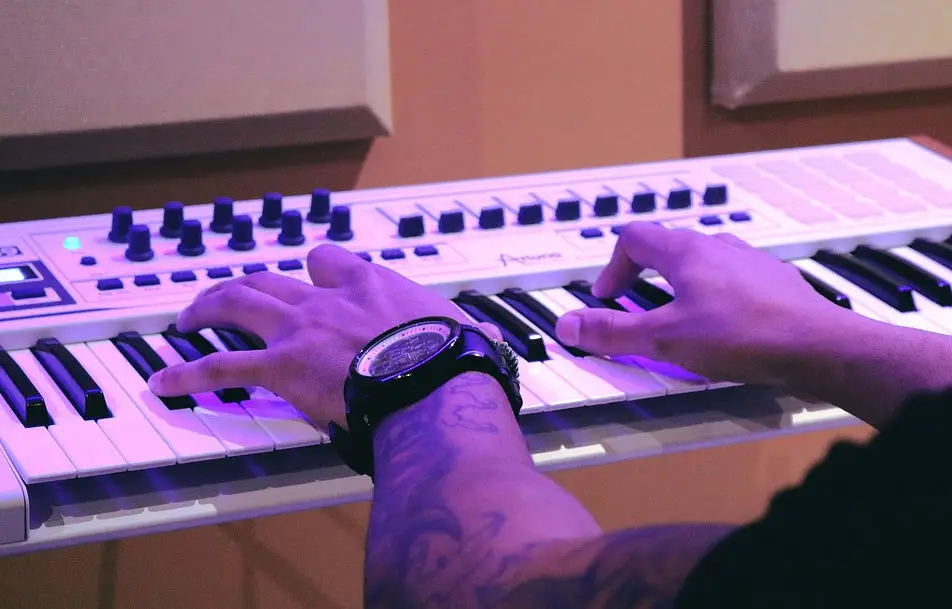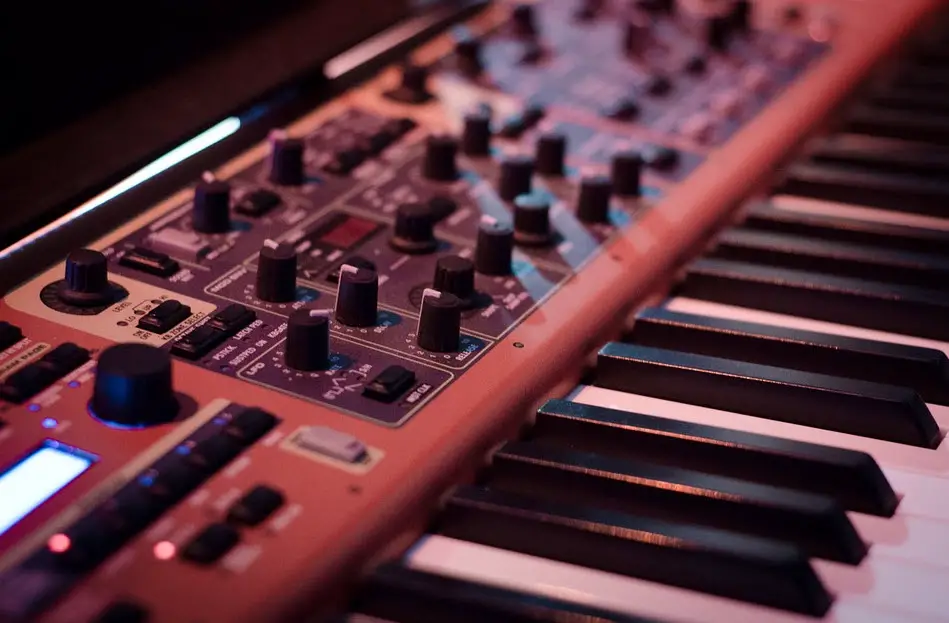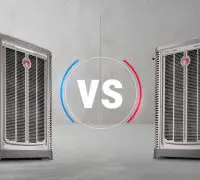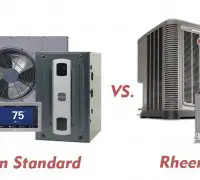Today, you can find a variety of digital pianos that come along with small or full size keyboards. Before buying any of these models, you should know that it’s very difficult to adapt to a full size piano once you learn to play on a smaller one. The best piano models are those with 88 keys.
Acoustic versus Digital
Understanding the differences between acoustic and electronic pianos is essential if you want to know what you can expect from a digital model. An acoustic piano creates natural sounds because it implies certain mechanical parts and processes. This type of piano is able to deliver a variety of sounds when its felt covered hammers hit the high-tensile steel wire strings. On the other side, although the electronic piano can’t equal the sounds delivered by an acoustic instrument, it represents the best possible choice for a person searching for convenience and practicality.
 Top Things to Consider When Choosing A Digital Piano
Top Things to Consider When Choosing A Digital Piano
A digital piano can be more expensive than a regular acoustic piano. Although it’s well worth the extra cash, there are a few things you should know if you want to get the best one.
Keyboard versus Controller: Since a controller is a simple interface with no built-in sounds, you need to connect it to a computer if you want to play on it. A keyboard can be used on its own because it comes along with built-in sounds.
Velocity Sensitivity: Velocity sensitivity allows you to get louder sounds when you press harder on keys. Without this characteristic, you may fail to develop essential skills that can help you play the piano like a pro. Most electronic piano models that have 88 keys come along with this feature.
Automatic Features: If you intend to focus on classical piano repertoires, you most probably don’t need these features. But, if you’re interested in playing various musical styles, which require backup instrumentalists, you should consider getting a piano with automatic features. These features are generally divided into groups that reflect specific musical genres, such as World, Rock, Latin, Swing and more.
Tone: To choose the most appropriate piano, you don’t have to read the piano reviews, but to evaluate the tone of specific products. Today, there’s a great variation in electronic piano tones, which are usually described as mellower, crisp or bright. Although checking different piano tones can be overwhelming, it’s the only way to get the instrument you’re looking for.
Touch: Although piano players use different criteria when analyzing the touch, most of them tend to consider the touch weight, defined as the amount of force necessary to depress a key, before buying a specific piano model. The normal touch weight ranges between 50 and 55 grams. Two other factors that influence this characteristic are the friction and the mass of the parts being moved. Since the electronic piano comes along with electronic components, its touch will be slightly different from that of an acoustic model.
Some Other Considerations
A professional piano review will always advise you to consider a few more aspects, such as ease of use, available brands and your long-term needs. If you take piano study seriously, you should look for a digital piano that is ready to meet your expectations as advanced player. Fortunately, the wide range of models available today can easily accommodate any demands.






